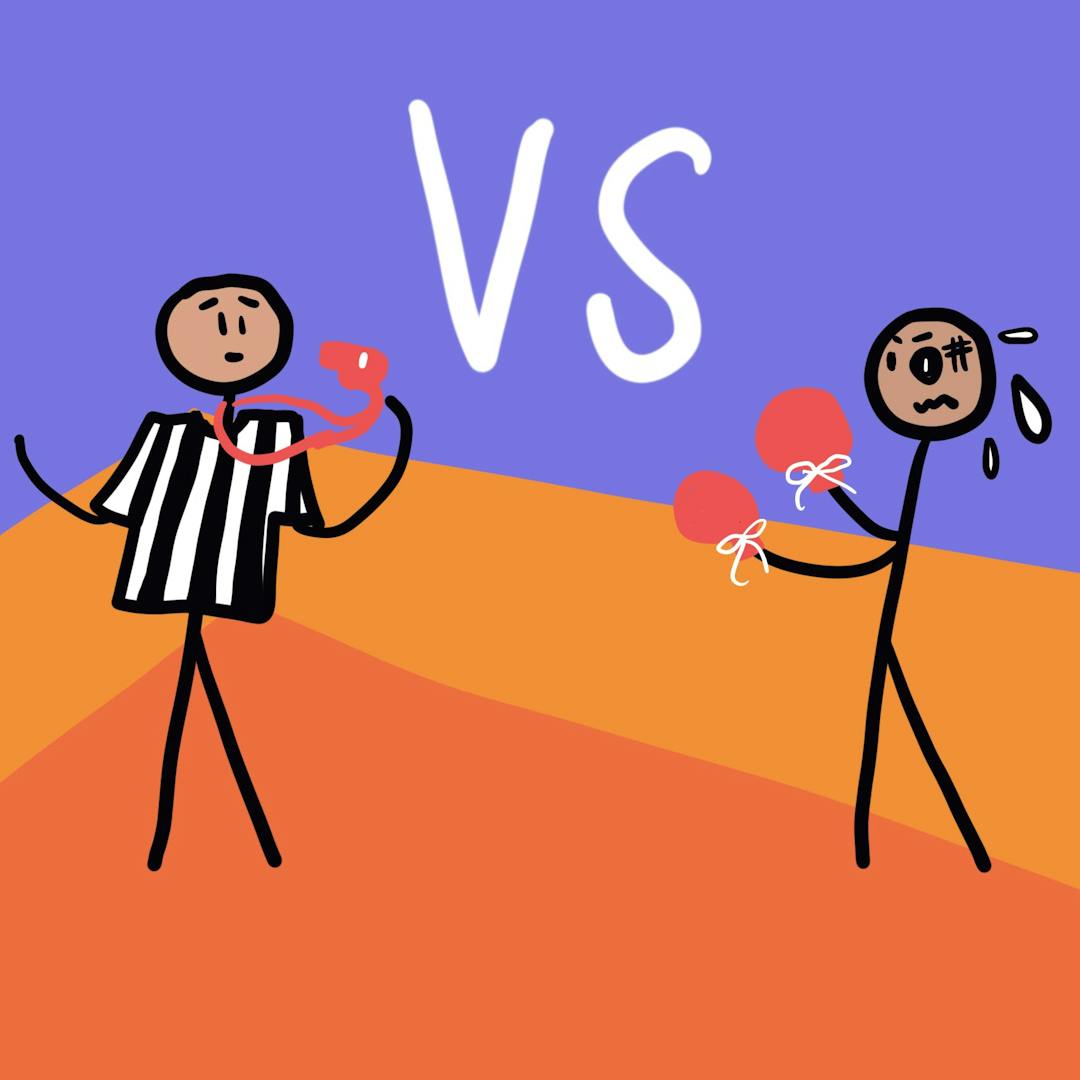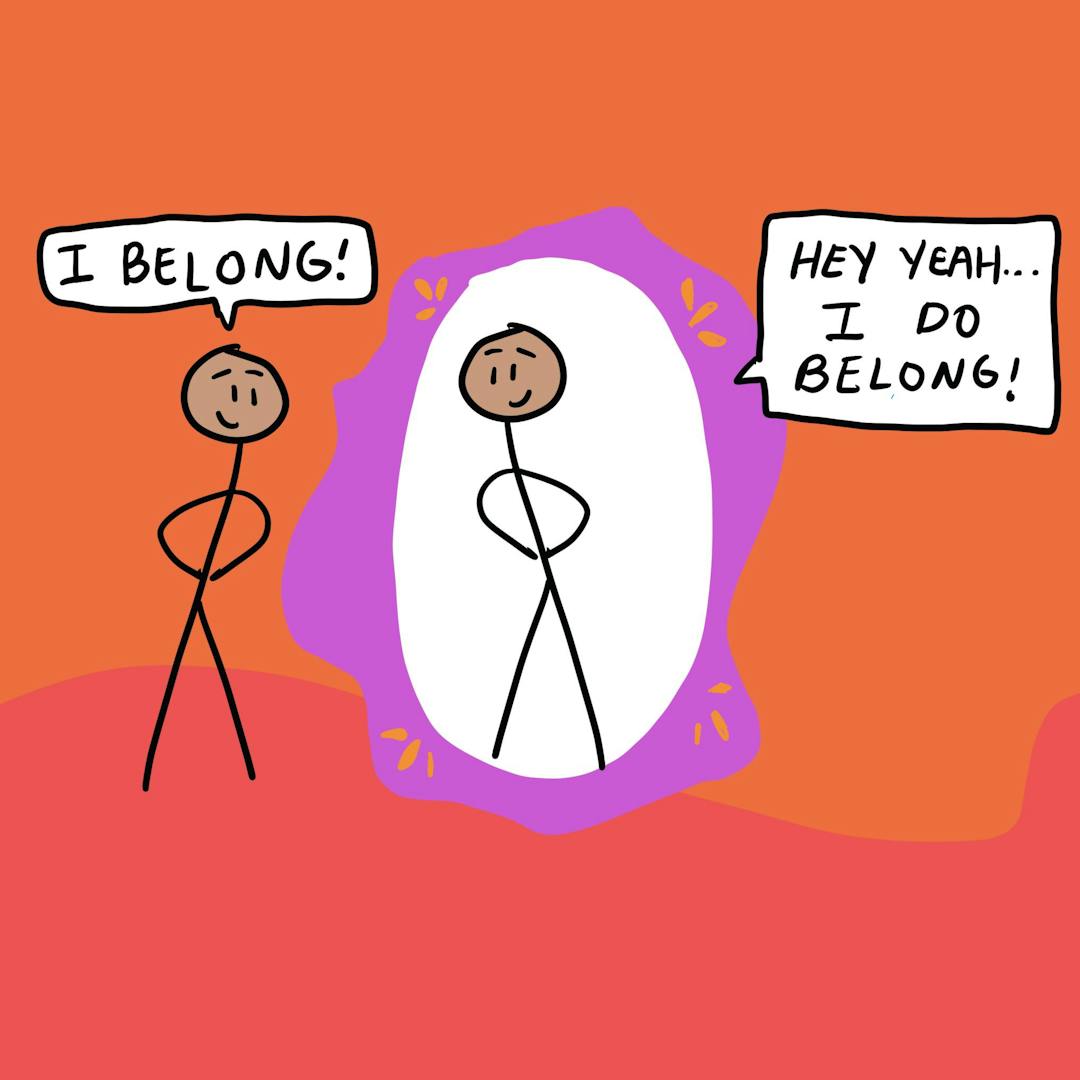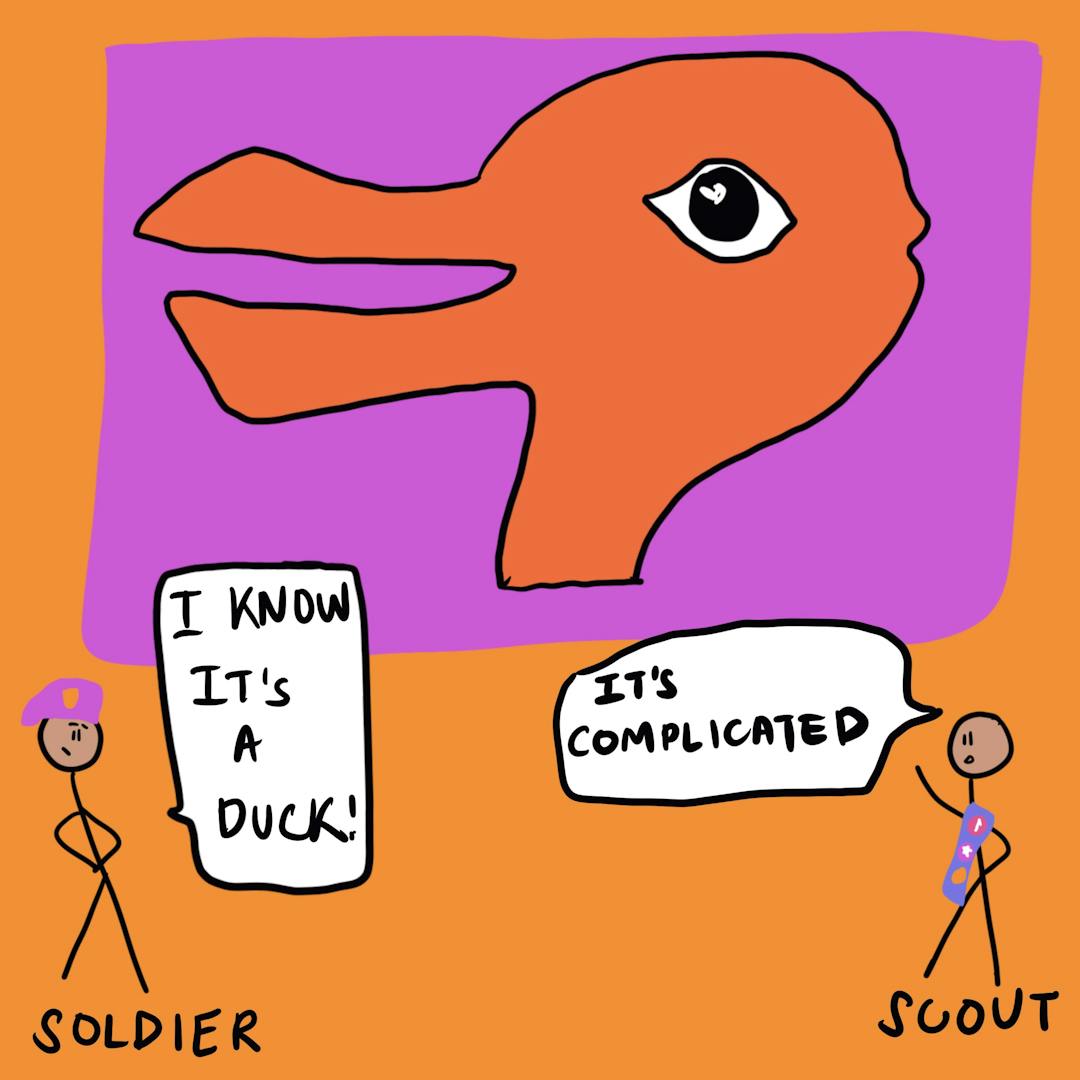Julia Minson on the Better Way to Argue

You can always switch to advocacy once you feel like you actually understand. It's just that people tend to believe that they understand long before they actually understand.
Intro
In this episode of The Decision Corner, Brooke discusses disagreement with Julia Minson, an Associate Professor of Public Policy at the Kennedy School of Government at Harvard University and former lecturer at the Wharton School, University of Pennsylvania. Her research explores the psychology behind disagreement and collaboration — why we often suck at turning the former into the latter, and how we can be better. Brooke and Julia dissect the thought processes that often fuel our discussions, how discussions turn into arguments (particularly, unproductive ones), and the reasons we can’t seem to figure out why. Julia gives us practical interventions, applicable on a personal level, that can help us avoid the feared Thanksgiving dinner screaming match and other conversations like it.
Specific topics include:
- Advocacy v.s. Inquiry mindset
- Why being a know-it-all is a problematic blindspot
- How to effectively signal open-mindedness
- Active listening: body language and verbal acknowledgement
- Cognitive misconceptions about our counterpart’s open-mindedness
- Scopes, baselines, and defaults
- The role of asking questions, and how to ask them with genuine curiosity
- Conversational receptiveness, intentional vocabulary, and the HEAR technique







